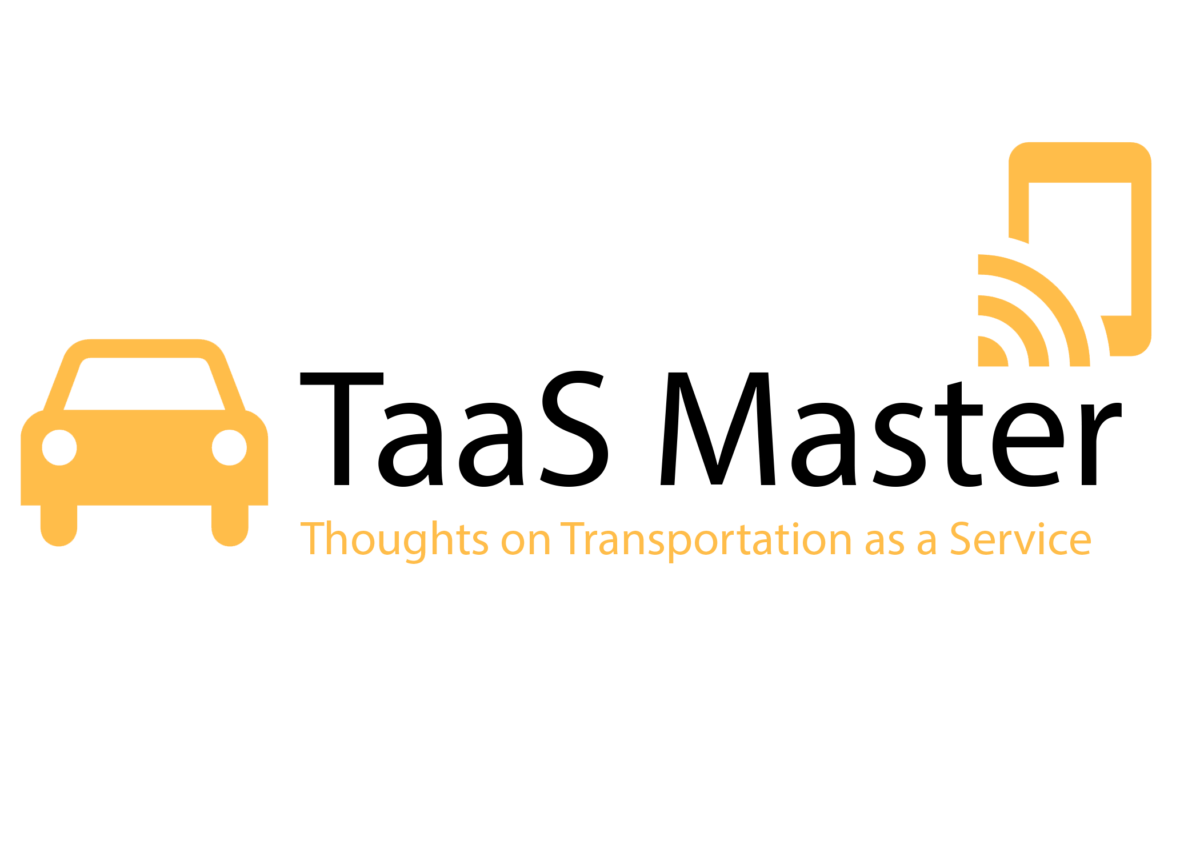In a recent opinion piece on CNN Business, GM’s president (Mark Reuss) describes the three barriers to consumer acceptance of electric vehicle adoption: range, charging infrastructure, and cost. According to GM, range is the most significant barrier to EV acceptance because people want to drive for as long as possible between charges. GM’s consumer research suggests that 300 miles of range is the least amount of EV range required for minimum range anxiety among EV buyers. For those consumers who have considered buying an EV but haven’t, the absence of charging stations is the number one reason why. Additionally, EV owners report that their cost of operation is around one-third of an internal combustion engine car. However, the purchase price is typically much higher as well. GM believes EVs will achieve cost parity with gasoline-powered cars within 10 years.
It seems that one EV auto company (Tesla) is already having sales success by solving two of the barriers mentioned by Reuss and by establishing a fourth success criteria as well. Using Tesla’s best-selling vehicle (Model 3) as an example, its range is between 250 miles and 320 miles depending on the specific Model 3 purchased. Globally, Telsa has a network of 14,600 individual supercharger stalls at 1,660 locations around the world. And Tesla has overcome the third challenge (cost) by creating a fourth criteria: developing a favorable brand as well as an engaging vehicle that the company can price at a premium. Model 3s range in price from $39,500 to $57,000, similar to the price of luxury sedans from BMW and Mercedes.

